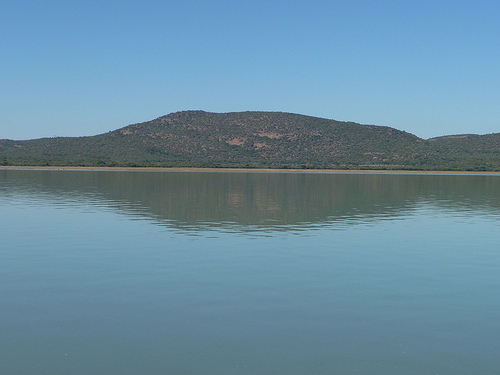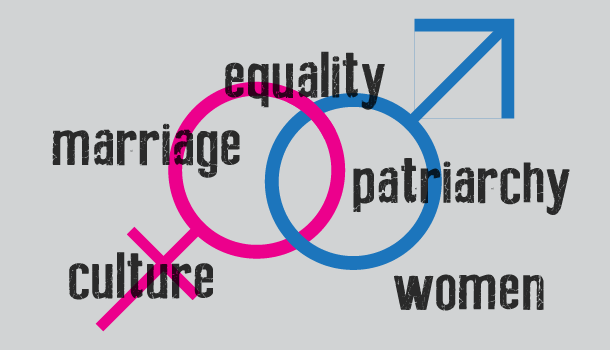When a few drops of rain spluttered on the ground on Sunday, my son and his friends, who a few minutes before had been running around shirtless, ran across the yard excitedly screeching, “Pula, Pula!” (Rain! Rain!). Although I warned them that they would catch a cold, even I couldn’t resist the joy in the moment as I stepped out for a few minutes to feel the slithering cold drops on my skin. Perhaps the gods had finally answered our continued prayers?
Last month, during a series of kgotla (an open court area where members of the public convene) meetings, President Ian Khama encouraged Batswana to come together to seek divine intervention and collectively pray for rain. He declared September a month of prayer for rain. Many religious entities heeded his call. Various churches converged at the Gaborone Dam for prayers. In the midst of song, dance and chants, the men and women in attendance broke into loud heartfelt prayers, hands raised to the skies, begging the Lord above for the heavens to open.

The water level of the Gaborone Dam, which is the main water supplier for the south of the district, currently stands at 19%, the lowest it has been in history. According to the Water Utilities chief executive officer Godfrey Mudanga, at that capacity and without rain, the dam can only supply the nation with water for the next eight months. Although grey skies frequently tease Botswana with the promise of downpours, we only ever get drizzles which soon make way for the scorching sun. It has rained very little in the past four consecutive years, particularly in the southern districts. The past year’s rainy season (November to March) was recorded as the worst by the local meteorological services.
The country is already experiencing dire water shortages, particularly in the southern districts. The Bokaa Dam in the west of Gaborone stands at 10%, while Nnywane Dam, situated to the south of the city, dried up in March. The South Africa Water Authority has agreed to supply 22-million cubic litres per day to Botswana; but only if the water level in its Molatedi Dam rises higher than 26%.
The long dry spells have frustrated crop farmers, who rely on the rains for their livelihoods. Although Batswana and the meteorological services are hopeful that it will rain again, the dry grass, sullen soil, brown trees, thin cows and dried up rivers don’t paint a positive picture. And if we do enjoy some much-needed downpours, it’s uncertain whether this will be enough to fill up the drying rivers and dams.

This is not the first time Botswana, a semi-arid country, has experienced drought. The country has endured spates of dry spells in the past two decades. However, with climate change looming, it’s anticipated that conditions are likely to worsen. With so little rain, water shortages are common and government has had to enforce water rations for domestic and industrial usage.
Government has spearheaded the North-South water pipeline to address national development constraints and to transport water to the south, which is the industrial and economic hub of the country. The pipeline begins at Letsibogo Dam in the north and runs for approximately 360km, with pumping stations in Palapye, Marolane and Serorame Valley in the central south of the country. The first phase of this project was completed in 2000; the second phase is expected to be completed early next year.
Meanwhile, a traditional doctor named Monthusi Sekonopo has claimed the country is experiencing water shortages because President Khama, who is also the chief of the Bangwato, has not heeded his powers as a “rainmaker”. Sekonopo, who is also president of the Botswana Traditional doctors Association, told a local newspaper, the Midweek Sun, that this was revealed to him in a series of dreams. He asserted that on September 1 every year at 4am, Khama should be at the kgotla in Serowe Village, summoning the rains and declaring the beginning of the plough season. The traditional doctor also said that the president was a born chief and therefore has other duties beyond politics that he needs to see to.
His wild claims aside, the fact remains that rain continues to be scarce across the country. When the heavens do open for us, it’s no exaggeration that the whole country will be filled with the same euphoria that envelopes us when the national soccer team wins a game.
Keletso Thobega is a copy editor and features writer based in Gaborone, Botswana.







